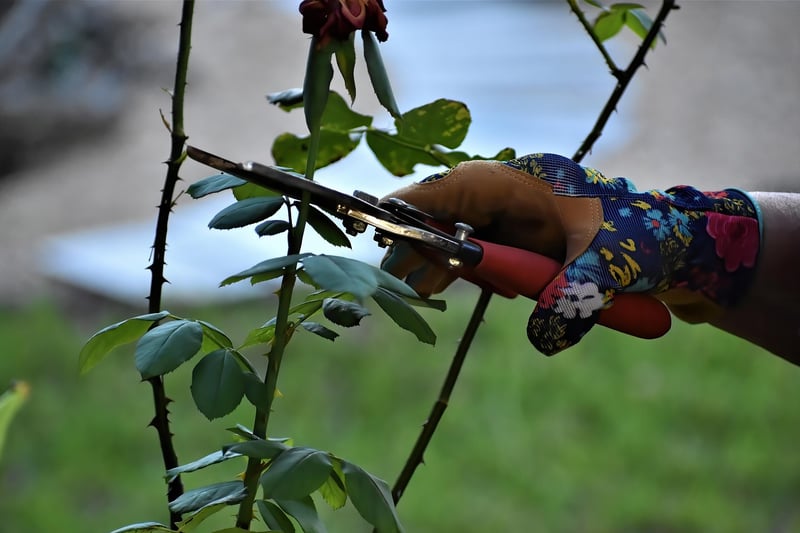Pruning Techniques
Guidance on Nurturing Plants and Pruning Techniques
Nurturing Plants
Properly caring for your plants is essential to help them thrive and flourish. Here are some tips on nurturing your plants:
1. Watering
Ensure your plants receive adequate water, but be cautious not to overwater them. The frequency of watering may vary based on the plant type and its environment.
2. Sunlight
Most plants require sunlight to photosynthesize and grow. Place your plants in locations where they can receive the right amount of sunlight according to their specific needs.
3. Fertilizing
Provide your plants with appropriate fertilizers to supply essential nutrients that may be lacking in the soil. Follow instructions carefully to avoid over-fertilization.
4. Pruning
Regularly prune your plants to remove dead or overgrown parts, promote new growth, and maintain their shape. Proper pruning techniques are crucial for the overall health of your plants.
Pruning Techniques
Pruning is a vital aspect of plant care that involves selectively removing certain parts of the plant to encourage healthy growth. Here are some essential pruning techniques:
1. Deadheading
Remove dead flowers or blooms to redirect the plant's energy towards producing new flowers and maintaining a tidy appearance.
2. Thinning
Thin out dense foliage to improve air circulation and light penetration, reducing the risk of diseases and promoting overall plant health.
3. Heading Back
Heading back involves cutting back a portion of a stem to promote branching and create a more compact plant shape. This technique is commonly used on shrubs and trees.
4. Rejuvenation Pruning
Rejuvenation pruning is a more drastic method used to revitalize older or overgrown plants by cutting them back significantly. This technique stimulates new growth and rejuvenates the plant.
By following these nurturing and pruning tips, you can help your plants thrive and maintain their health and beauty for years to come.


